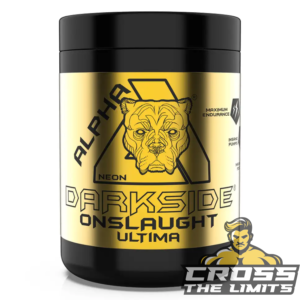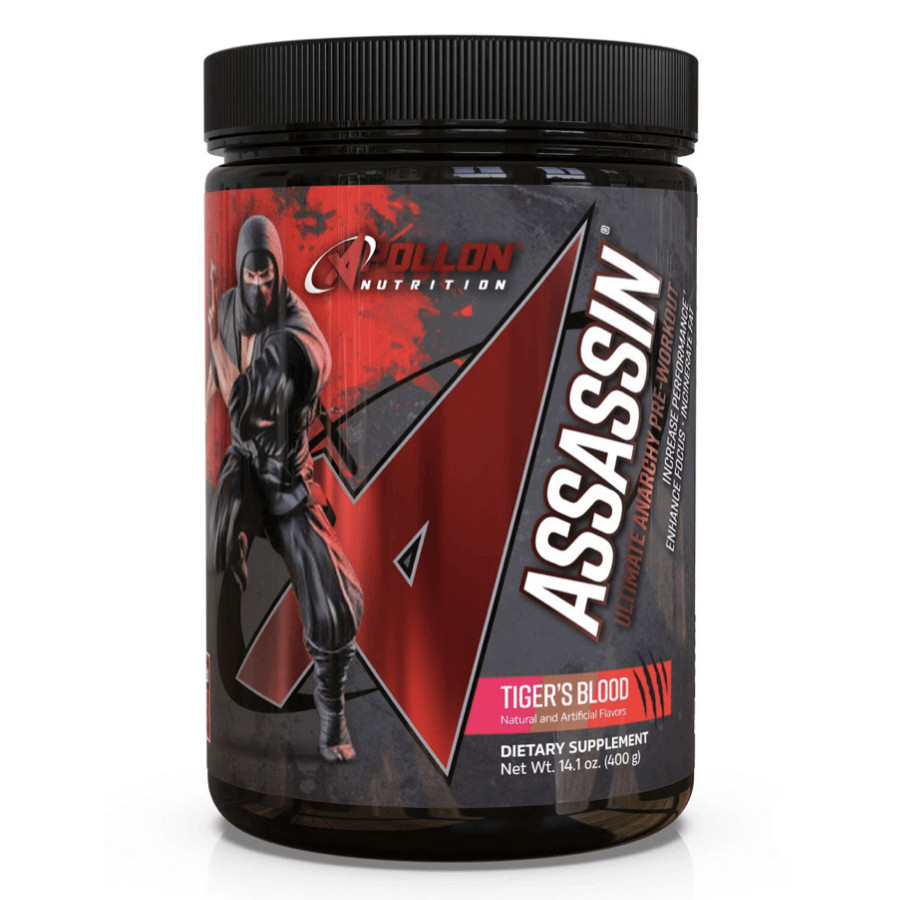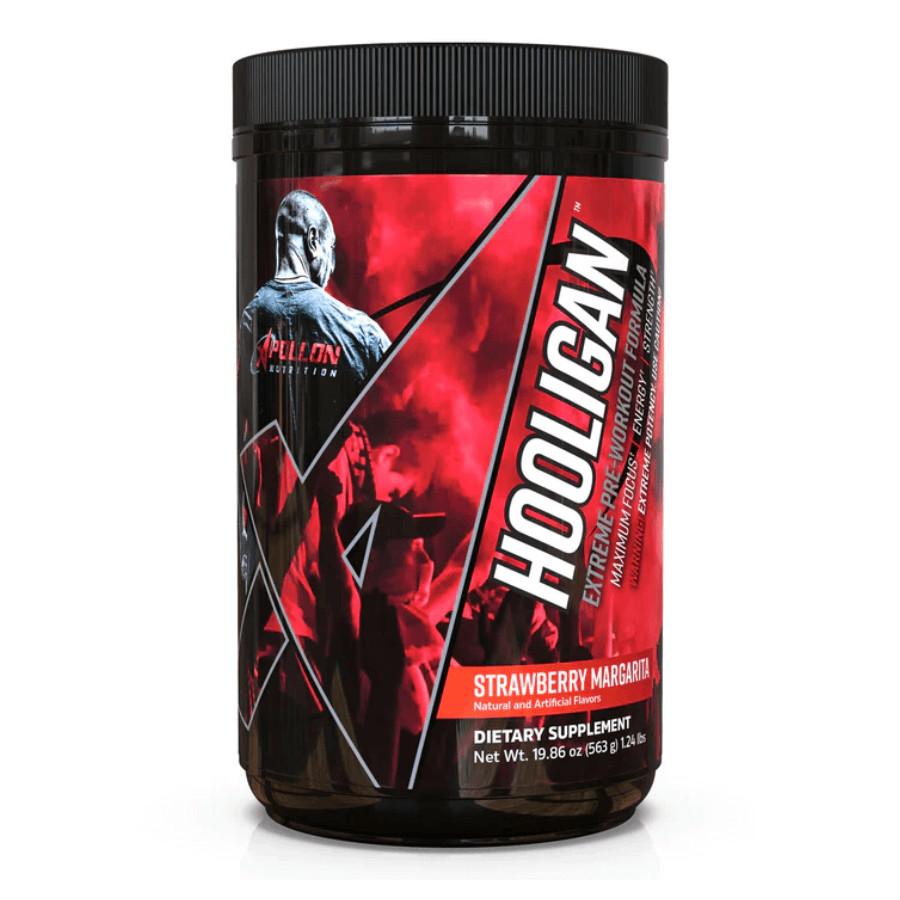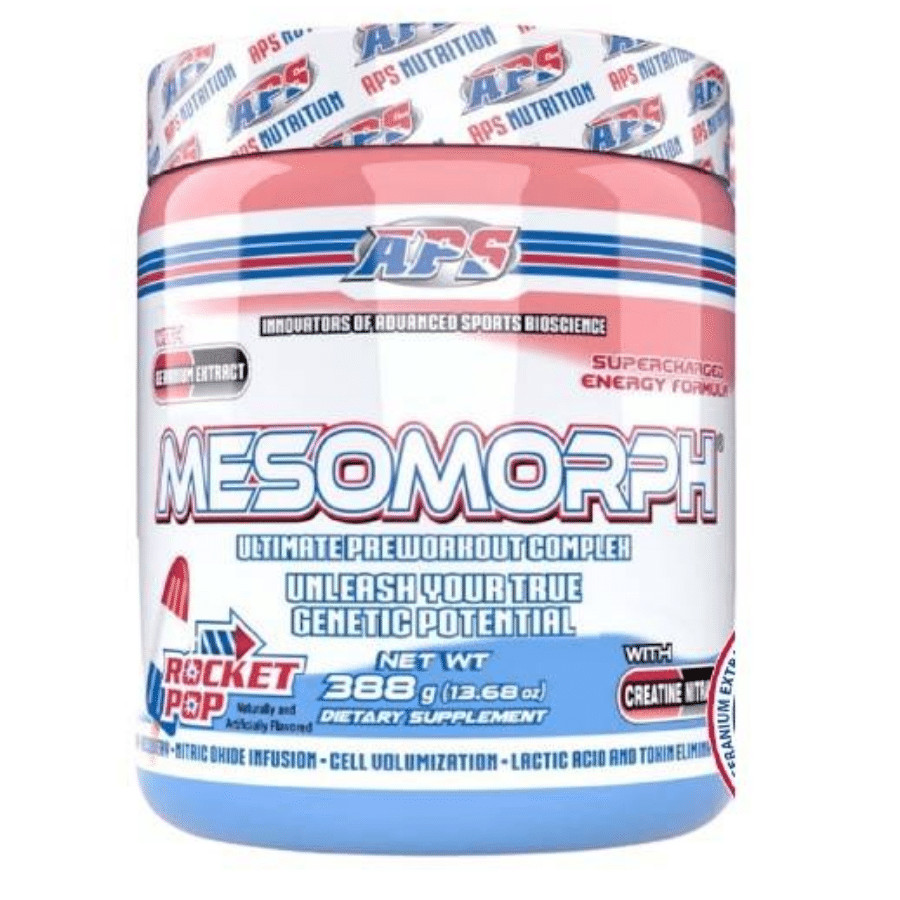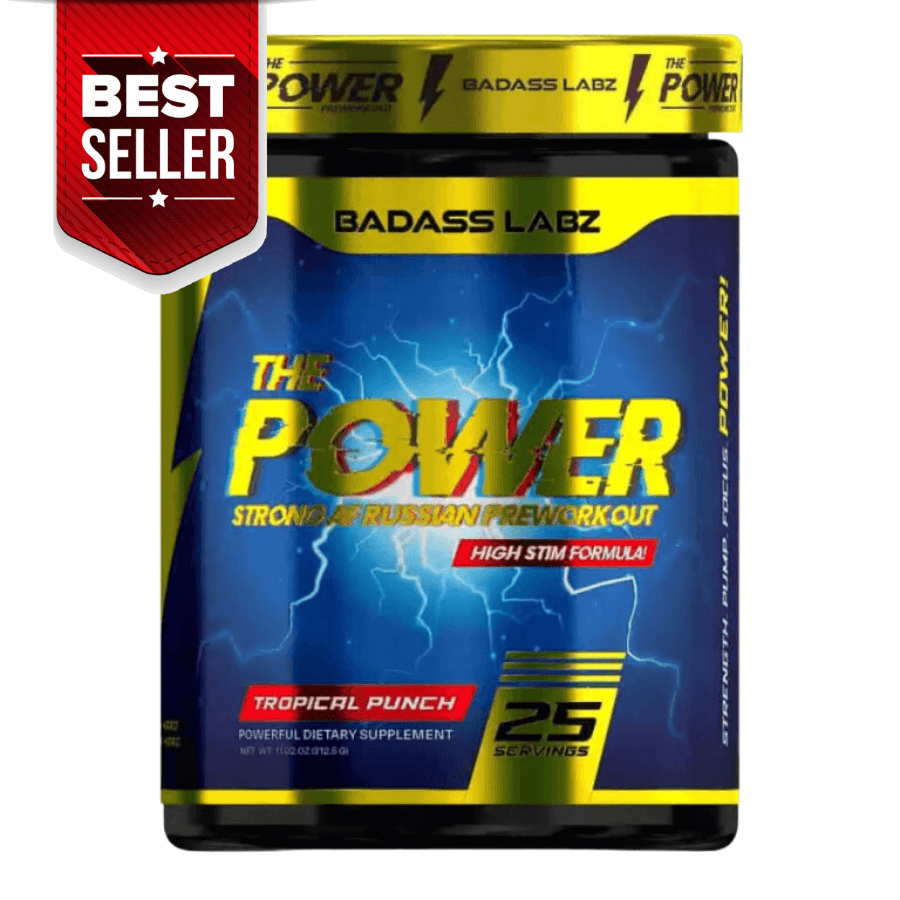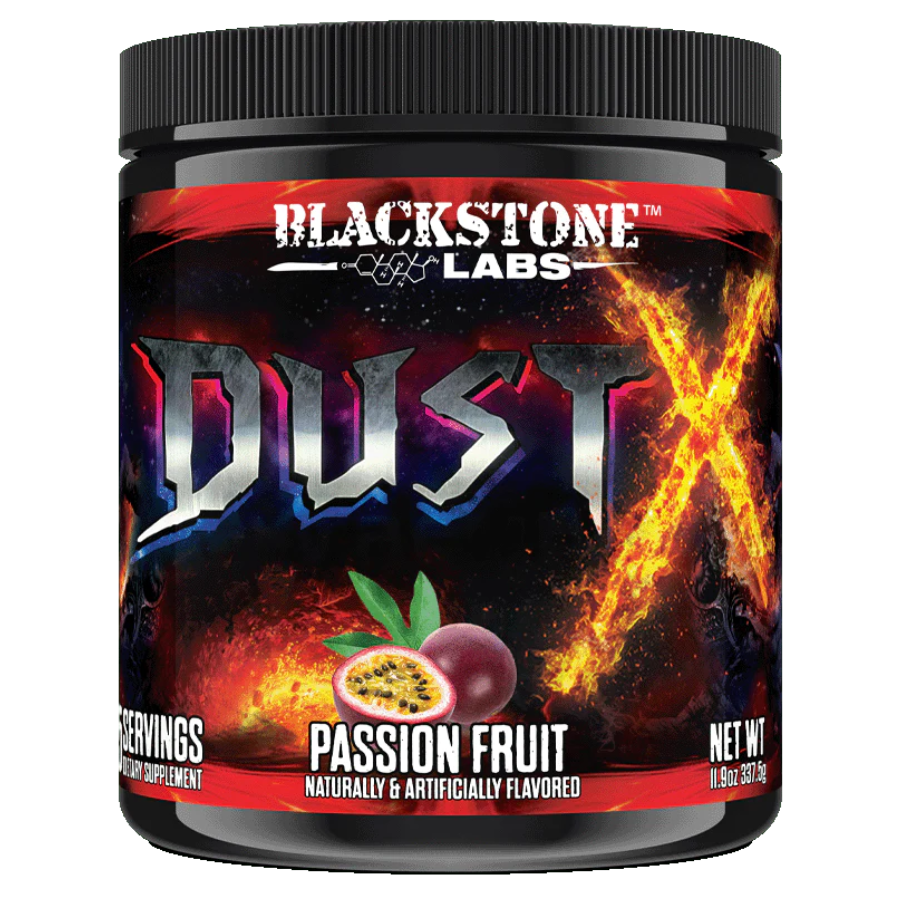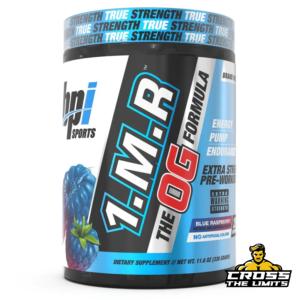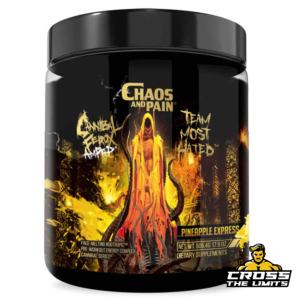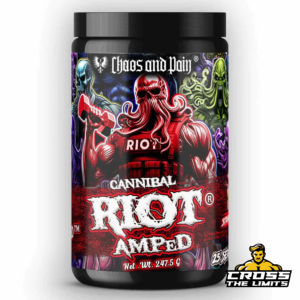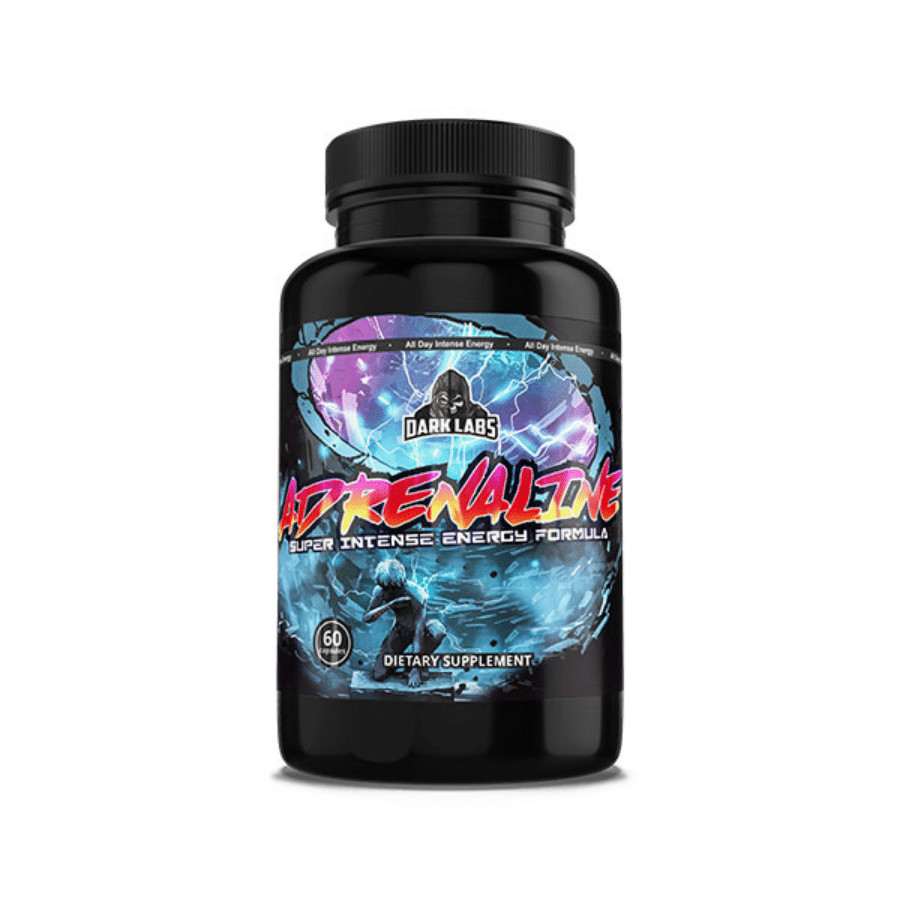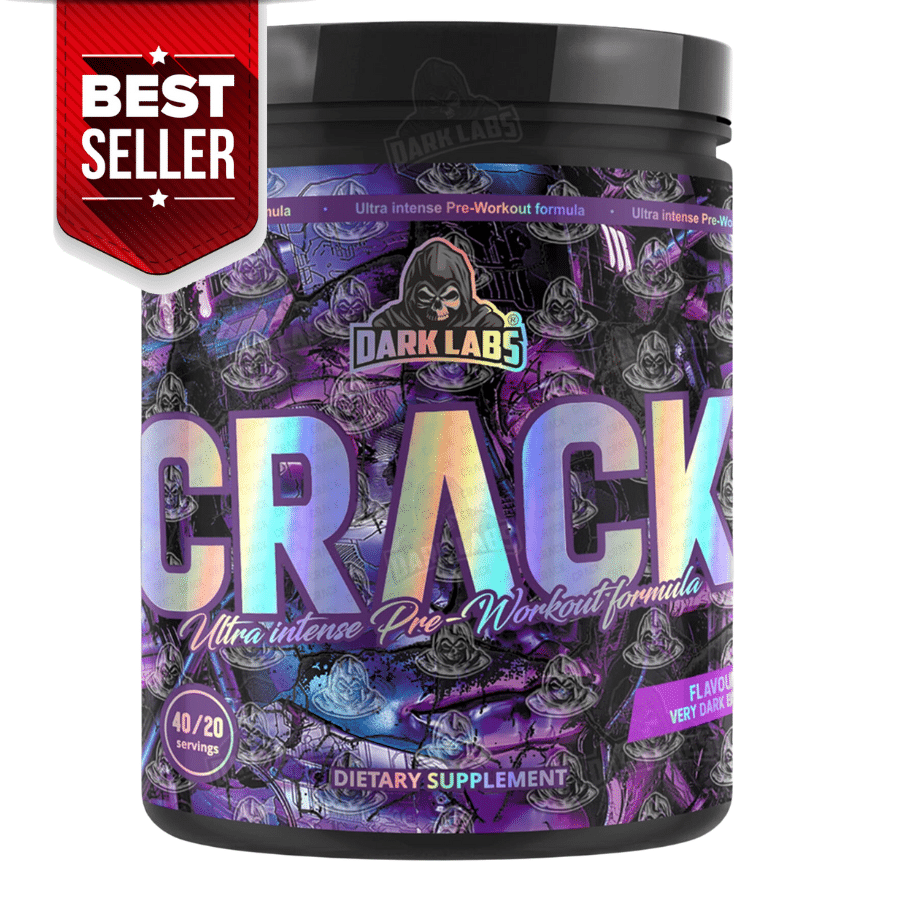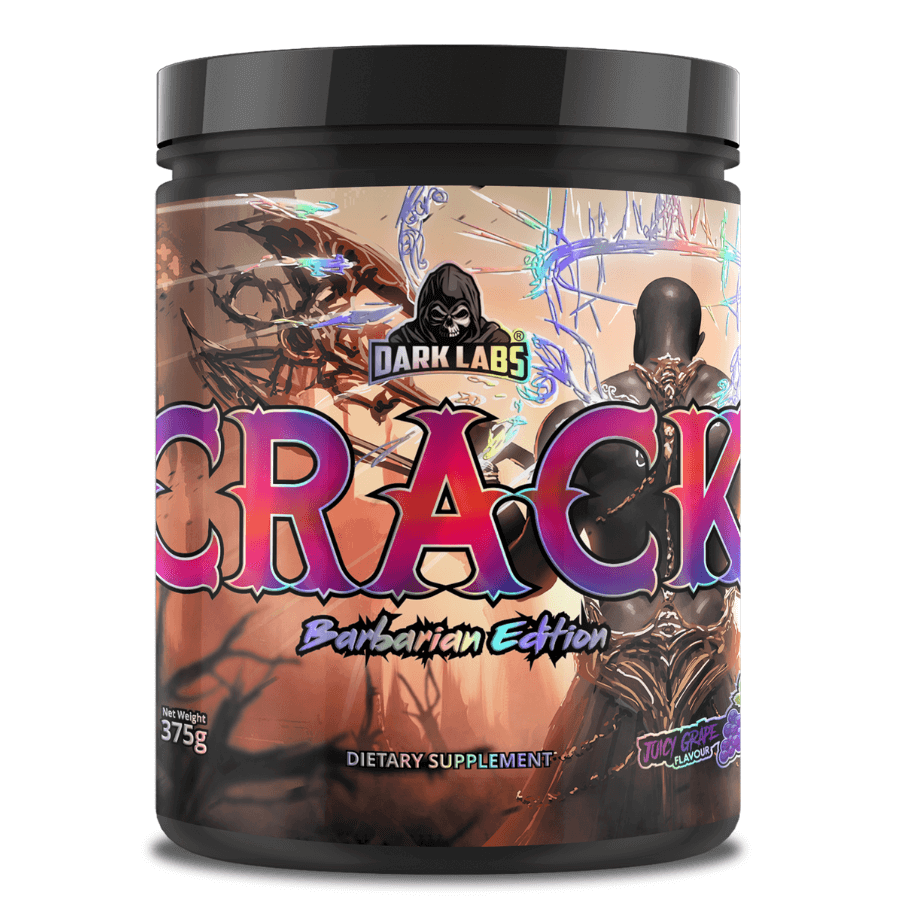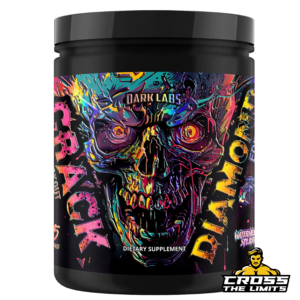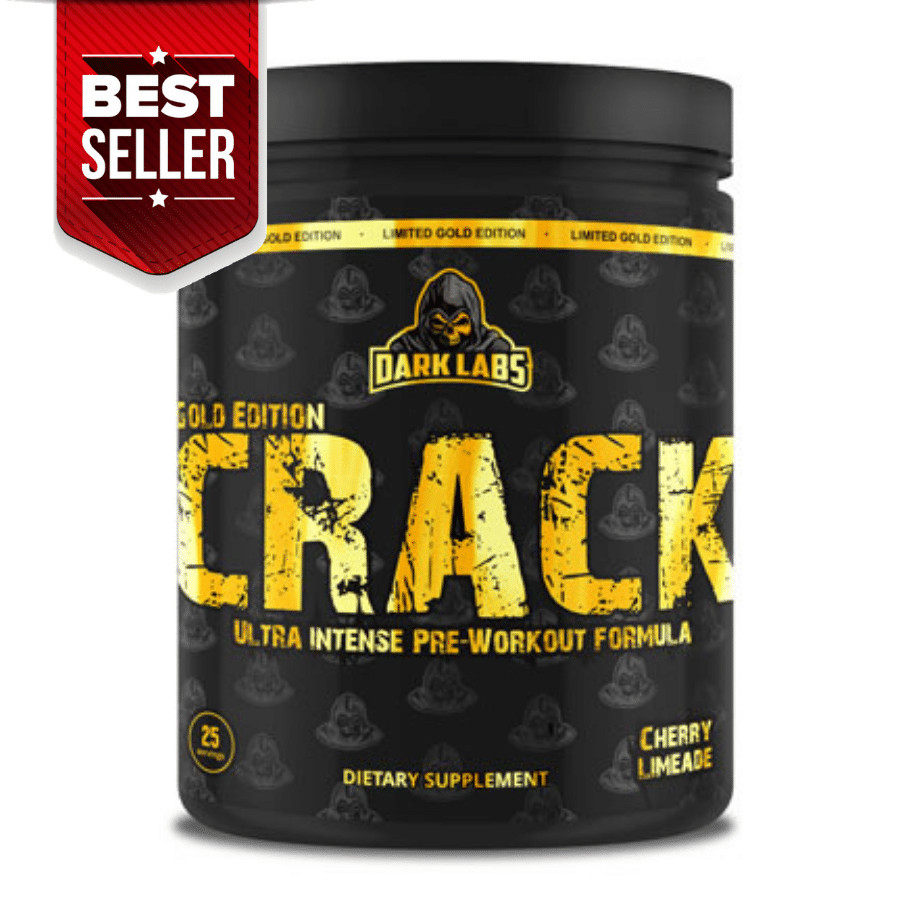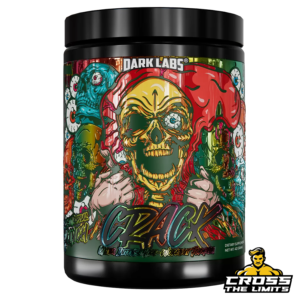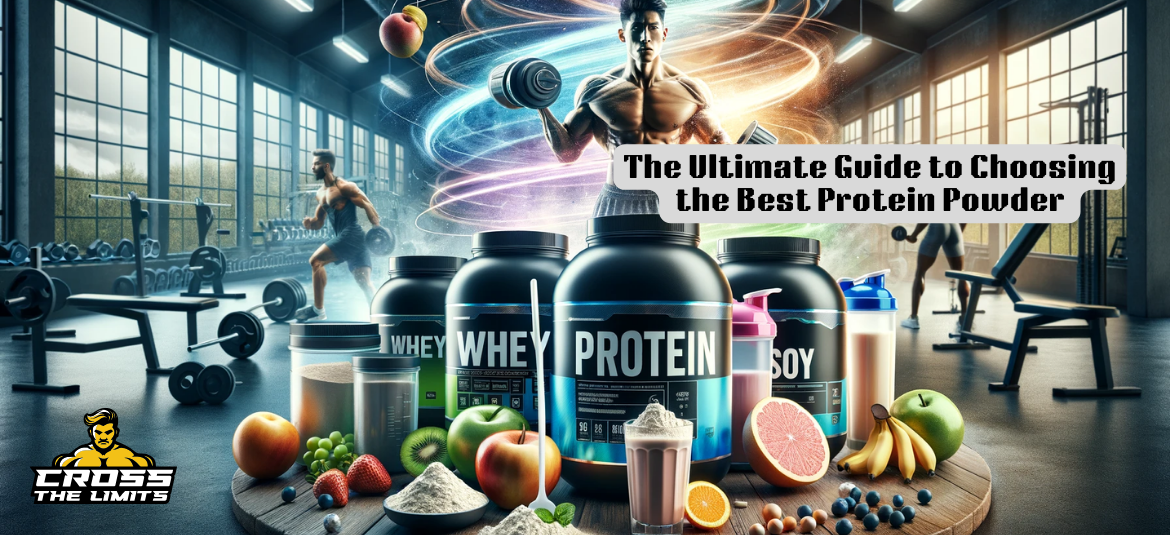
The Ultimate Guide to Choosing the Best Protein Powder
Protein powder is a popular supplement for athletes, bodybuilders, and individuals looking to increase their protein intake. Several types of protein powder are available on the market, each with its unique characteristics and benefits. Whey protein is one of the most common types of protein powder and is derived from milk. The body quickly absorbs it, and it is high in essential amino acids, making it an ideal choice for post-workout recovery. Casein protein, also derived from milk, is digested more slowly than whey protein, making it a good option for a nighttime protein source. Soy protein is a plant-based protein powder suitable for vegetarians and vegans. It is also high in essential amino acids and has been shown to have numerous health benefits. Other types of protein powder include pea protein, rice protein, and hemp protein, each with its unique nutritional profile and benefits.
In addition to the type of protein, different forms of protein powder are available, including concentrates, isolates, and hydrolysates. Concentrates contain a lower percentage of protein and may also contain higher levels of fat and carbohydrates. Isolates are processed to remove most fat and carbohydrates, producing more protein per serving. Hydrolysates are pre-digested and partially broken down, making them easier to digest and absorb. Understanding the different types and forms of protein powder can help individuals decide when to choose the best option for their specific needs and goals.
Evaluating Protein Powder Quality and Purity
Several factors should be considered when evaluating protein powder quality and purity. One of the most important factors is the source of the protein. High-quality protein powders, such as grass-fed whey or organic soy, are made from high-quality sources. It is also essential to look for protein powders free from artificial additives, fillers, and preservatives. Reading the ingredient list and looking for products with minimal ingredients can help ensure the protein powder is pure and high-quality.
Another essential factor to consider is the manufacturing process. High-quality protein powders are produced using strict quality control measures to ensure purity and potency. Look for products manufactured in certified facilities that have undergone third-party testing for quality and purity. Additionally, it is essential to consider the taste and texture of the protein powder. High-quality protein powders should mix easily and have a smooth texture without any gritty or chalky taste.
Considering Dietary Preferences and Restrictions
When choosing a protein powder, it is essential to consider dietary preferences and restrictions. Plant-based protein powders such as soy, pea, or hemp protein are suitable for individuals following a vegetarian or vegan diet. These protein powders provide a complete source of protein without the need for animal products. Individuals with lactose intolerance or dairy allergies may opt for lactose-free or dairy-free protein powders such as soy or rice protein. It is also essential to consider other dietary restrictions or sensitivities when choosing a protein powder, such as gluten-free or non-GMO options.
In addition to dietary preferences, it is essential to consider individual nutritional needs and goals. Some individuals may require a higher protein content in their diet, while others may seek a protein powder with added vitamins, minerals, or other nutrients. These factors can help individuals choose a protein powder that aligns with their dietary preferences and nutritional needs.
Comparing Protein Powder Flavors and Additives
Protein powders come in various flavours and may contain additives such as sweeteners, flavours, and thickeners. When comparing protein powder flavours and additives, one must consider personal taste preferences and dietary restrictions or sensitivities. Some individuals may prefer natural flavours and sweeteners, while others may be more concerned with the overall taste and texture of the protein powder.
